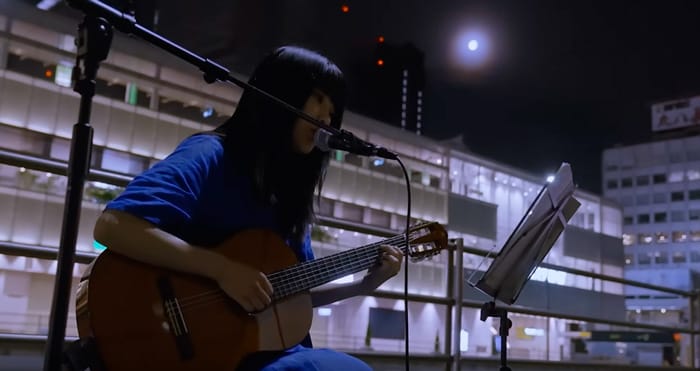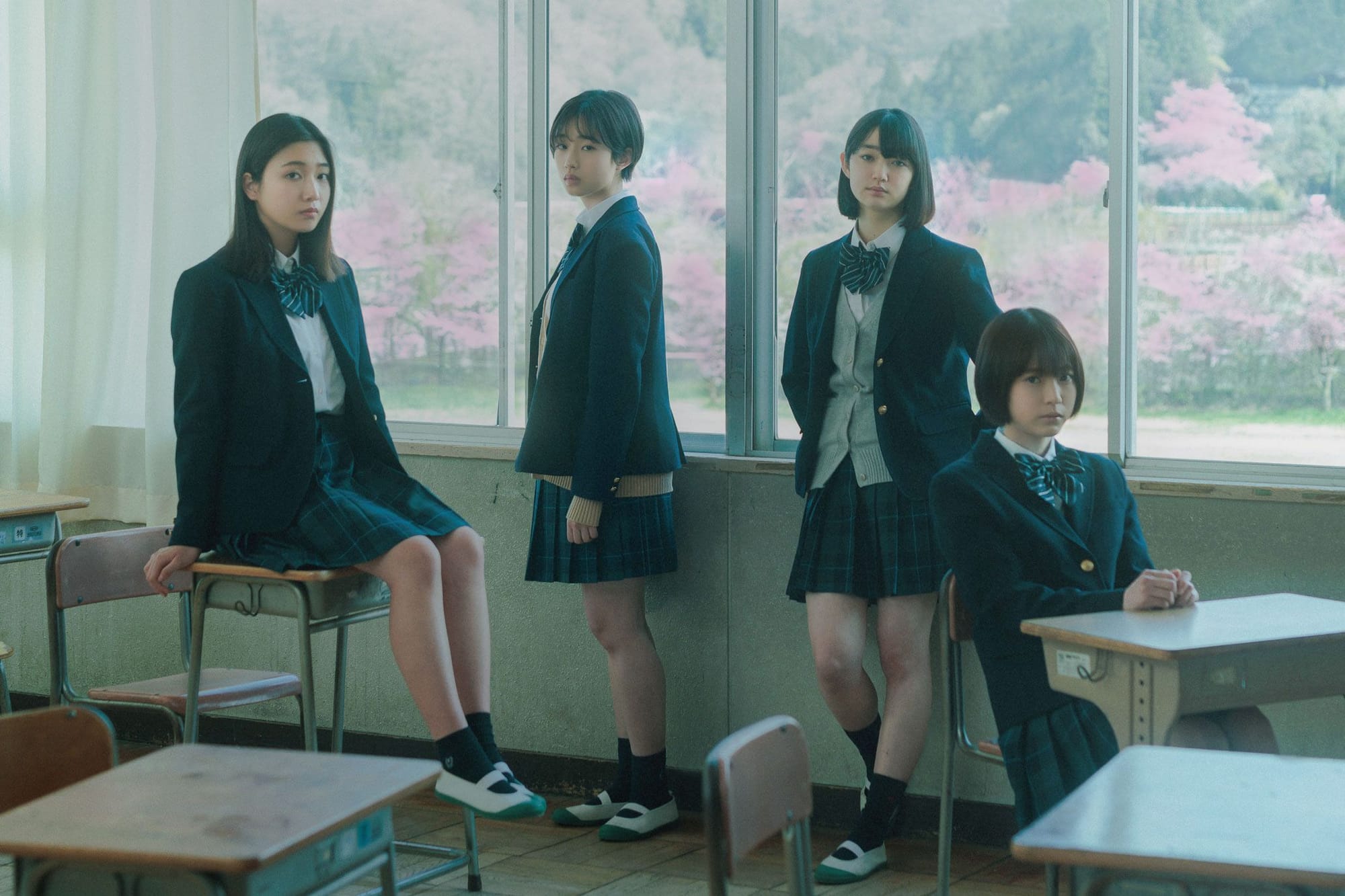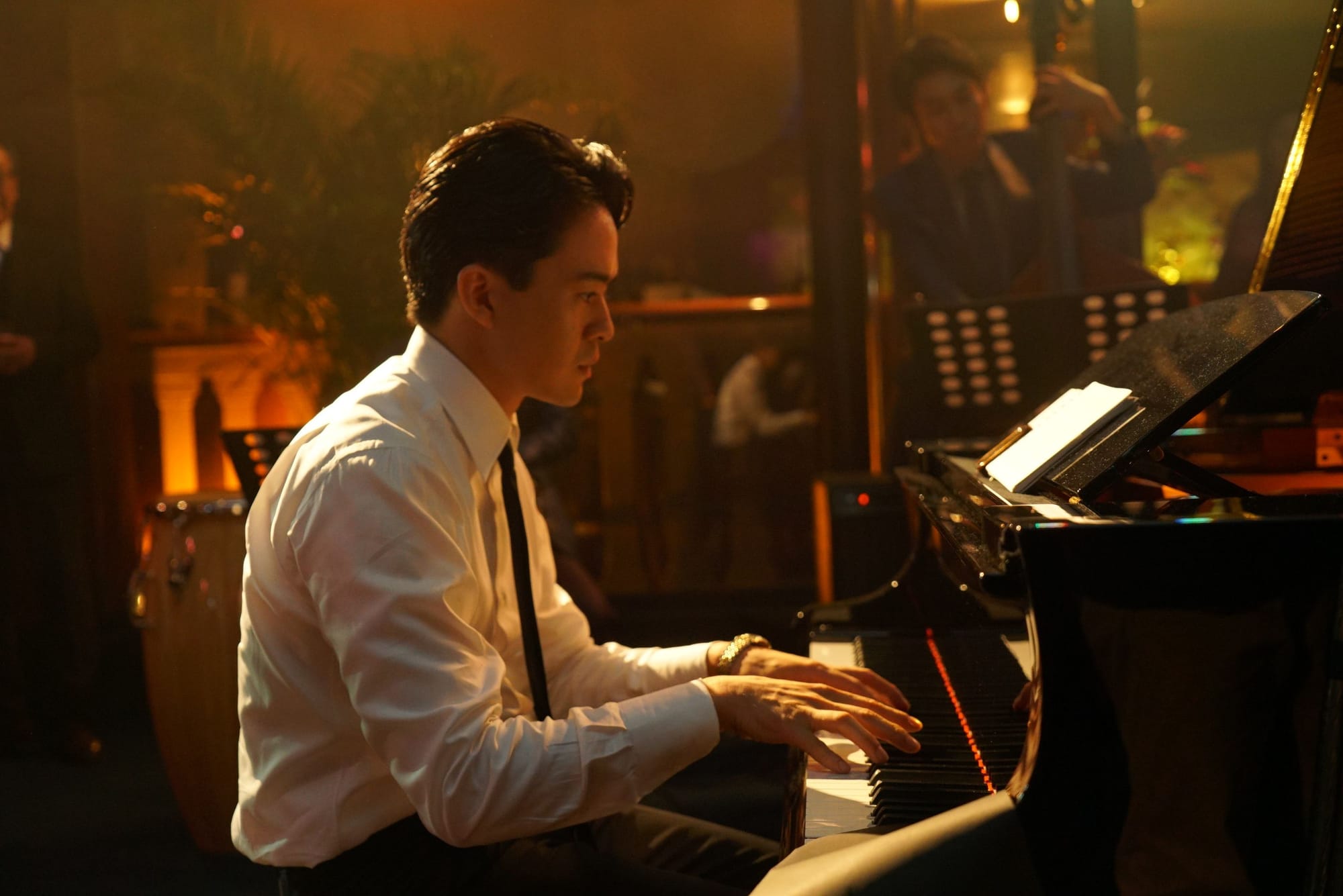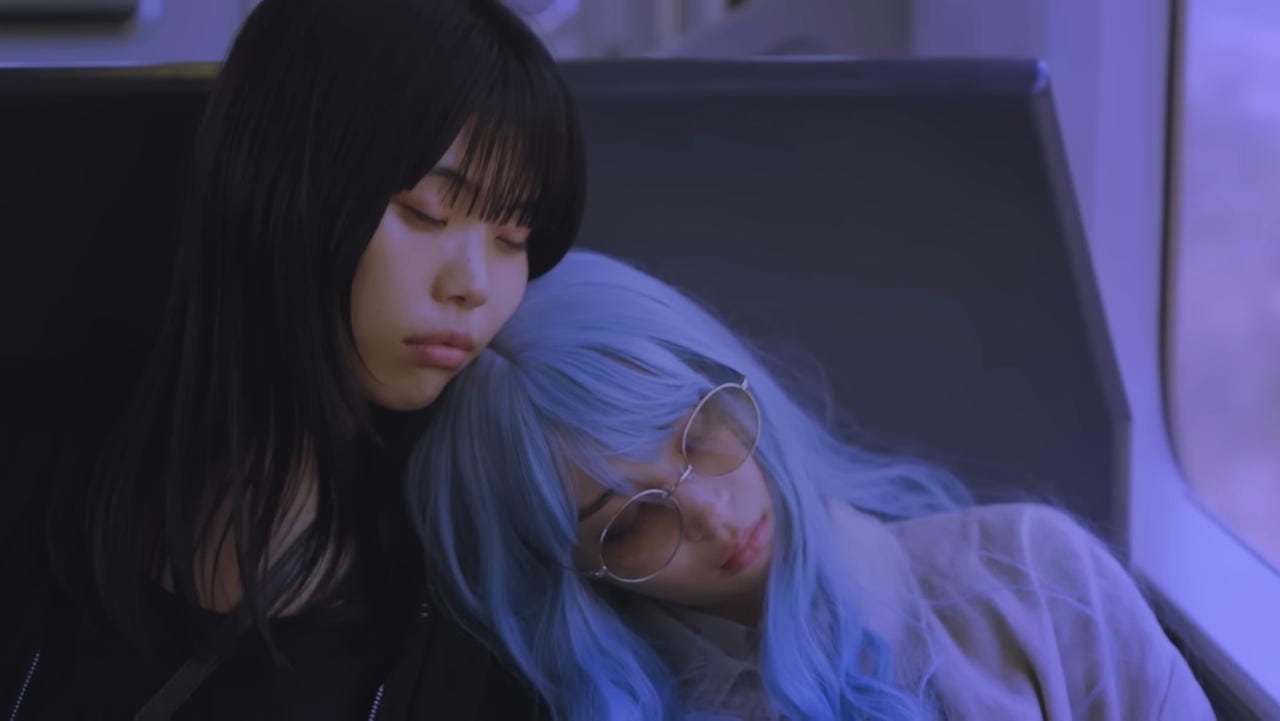Japan Cuts 2024 - Part One

If you’re a subscriber to The Chinese Cinema, you know that the posts have been sparse over the last month or so. That will happen occasionally, as I get commissions that require some weeks of research and writing to put together, and I hope you all will continue to be patient with me. That’s been the case recently, as I have two projects in the works that should be announced in the next month or so. They’re pretty cool and I think you’re going to like them. In addition to that, this is the busiest festival season for me, as two of my favorites are going on simultaneously. I’ll be covering a few movies playing at the New York Asian Film Festival over at InReview Online, so look out for those (there will be reviews of another Herman Yau movie and the long-awaited return of the Baby Assassins). Over here though, I’m watching and reviewing movies playing at the Japan Society’s Japan Cuts festival. I wrote about the new (dis-)coloration of Shin Godzilla last week, and one of the festival movies, Following the Sound, I wrote about last fall. I’ve got three more reviews here, with more to come sometime over the next week or so.

Sayonara, Girls (Nakagawa Shun, 2022)
Playing in the festival’s competition section for new directors, where they will vie for the Obayashi Prize, is Nakagawa Shun’s debut feature. It’s set over the last two days of school for a graduating class, and follows a handful of young women as they get ready to move to the next phase of their life. One wants to reconcile with an on-again/off-again boyfriend. One painfully shy one says good bye to her only friend-the library. Another couple deal with complications having to do with the after-graduation student concert. Most poignantly, one deals with the still unresolved emotions following a school tragedy. All of this is shot with the immediacy of the high school experience, with occasional sojourns into the surrounding neighborhood, lush with the greens and pinks of grasses and trees and cherry blossoms.
The little dramas unfold in a roundabout fashion, cutting deftly from one to another in a network narrative that bears more than a little resemblance to a slice-of-life anime, something like Kyoto Animation’s terrific Sound! Euphonium series (which just finished its third season, after a long break imposed by the tragic arson attack that shut down or slowed production at the studio for years), albeit with no one storyline priveledged over the others. It reminded me a little of Heiward Mak’s Uncertain Relationships Society, which is sadly still unavailable in its excellent film festival cut.
As the film flows freely from one girl and her friends to another over the first day, the chronology appears to get a bit confused at times (is the school day over? or is this scene happening during a long lunch break?). But then, exactly halfway through the movie, a series of scenes we had assumed were happening to in the present are revealed to in fact be a flashback between one of the girls and her boyfriend. It’s unsettling, jarring in a way that amplifies the heightened emotions of the character’s experience: she too is overwhelmed and unmoored, the final day of school helping to bring closure to a painful memory. It’s a nifty trick, and a confident one for a director making their first feature. It pays off in adding some tension to the film’s second half, one which, as these things must in our post-Linda Linda Linda era, culminates in a moving musical performance.

Between the White Key and the Black Key (Tominaga Masanori, 2023)
Music is also central to veteran director Tominaga Masanori’s Between the White Key and the Black Key. Set in the world of 1980s Ginza jazz clubs, it starts with a young pianist (Ikematsu Sôsuke, the Shin Kamen Rider) working in a burlesque club. He gets fired for playing too much jazz and then finds himself three years later working in a bar, playing jazz for revelers and gangsters that aren’t paying attention. The twist is (and this is a movie I very much wanted to compare to a Möbius strip, until I saw that the press notes for the movie used that same analogy) that both timelines are occurring simultaneously: the young man and his three-year older self are occupying the same spaces and interacting with the same people (who are themselves following one continuous plot line).
This is all reasonably amusing—characters run about from one neon bar to another, trying to please their yakuza clients and not get themselves killed while also trying to satisfy their artistic impulses. But as the timelines converge near the end of the one crazy night, Tominaga takes an abstract turn, and the film becomes something more spiritually profound, the playing music becomes a quest to break from the cycle of eternal recurrence, with transcendence found in the pure expressions of jazz improvisation. There are shades of Running on Karma here, but the movie is on surer ground with its musician ensembles, a community of people who love music more than it, or their audiences, loves them back.

Kyrie (Iwai Shunji, 2023)
My favorite film of the festival so far comes from one of my favorite directors of the last 30 years, and one of the most underrated. Kyrie is Iwai Shunji in epic mode, more like All About Lily Chou-chou (his most well-known film in the West) or The Bride of Rip van Winkle, than a miniature drama like April Story. At least, it is in its festival run, where it plays out over three hours. Apparently for its domestic theatrical release last fall, it was cut by almost a third, with predictably disappointing results. Japan Cuts has the long version, and it’s one of his best films, summarizing and synthesizing works and ideas he’s been exploring since the mid-90s.
Pop singer AiNA THE END stars as a street musician who, when she isn’t singing, can barely speak. She’s not entirely non-verbal, just very quiet and when she does speak, it’s in a halting, hoarse whisper. Her story unfolds across three intersecting timelines. The first, in 2011, when she is discovered as a homeless girl living in a park by some local kids and their teacher. The second, in 2018, finds her in high school where she befriends a graduating senior played by Hirose Suzu (star of Iwai’s Last Letter (the Japanese version, not the Chinese one) and the animated adaptation of his TV film Fireworks-Should We See It from the Ky or from the Bottom? as well as Kore-eda Hirokazu’s Our Little Sister and The Third Murder), who is being tutored by her “brother” Shiomi (Matsumura Hokuto, another pop singer who was a voice in Shinkai Makoto’s Suzume). In the third timeline, set in 2023, Aina and Hirose reunite, each now going by adopted names (Kyrie and Ikko, respectively). Ikko helps Kyrie build her career, gradually playing for bigger and bigger audiences and integrating herself into the broader street musician community.
Most of the film’s drama concerns Kyrie’s backstory, with long passages explaining just what happened to turn her non-verbal and who Ikko and Shiomi are and how they’re related to her and her past. But it’s best when she’s singing. Aina has an unusual voice, capable of switching from smooth girl group pop to the harsh rasp of punk rock in the space of a single song. It reminded me of Shannon Taylor of awakebutstillinbed. She apparently starred in the Japanese production of the Broadway Janis Joplin musical, and that makes sense too. She was also a member of the band BiSH, which Apple Music tells me is “an all-female Japanese idol group who have scored seven Top 10 singles in that country with a punk-influenced brand of J-pop.” She’s got some solo albums on Apple Music as well, and also one in character as Kyrie featuring songs from the movie. Everything I’ve listened to so far (as I’ve been writing this) is pretty great.

She only sings in the last story in the movie though. In the 2011 one, she plays her character’s older sister, an oddly intense girl who is dating Shiomi. The 2018 plot line focuses more on Ikko, shedding light on the family background that might explain some of her stranger behavior in the present. The music is what unites all these dramas, every past tragedy revealed in the defiant crack and scream of the young artist’s voice. It’s a reductive way to look at music, but it works for the movies, which have built a whole subgenre of biopic around the idea that you can hear a musician’s personal history in every note of their music. It’s kind of silly and doesn’t really hold up to any kind of historical or logical analysis, but when done as well as Iwai does it, it works. We desperately want the sounds we hear to mean things.
If anything unites Iwai’s work over the years, it’s been his dedication to exploring the interaction between our lives and how we express them. He is the modern master of epistolary cinema, using letters (Love Letter, both Last Letters), message boards (Lily Chou-chou), social media (Rip van Winkle), zoom calls (The 12 Day Tale of the Monster that Died in 8) to chronicle how we turn our lives into words, and then use those words to connect (or not) with other people across time and space. Kyrie combines the same approach with the addition of sound and music and even dance, as he did in the climax of his 2004 masterpiece Hana & Alice. Kyrie takes its time and builds its world, but unlike Lily Chou-chou, his similarly patient epic, one that I once described as the “A Brighter Summer Day for the message board era”, the world it builds is one of interconnection, not alienation. It’s not exactly a happy world, there’s more than enough darkness and tragedy in Kyrie’s life, but it’s ultimately a mostly triumphant one. Maybe it’s Iwai’s Yi yi instead.
